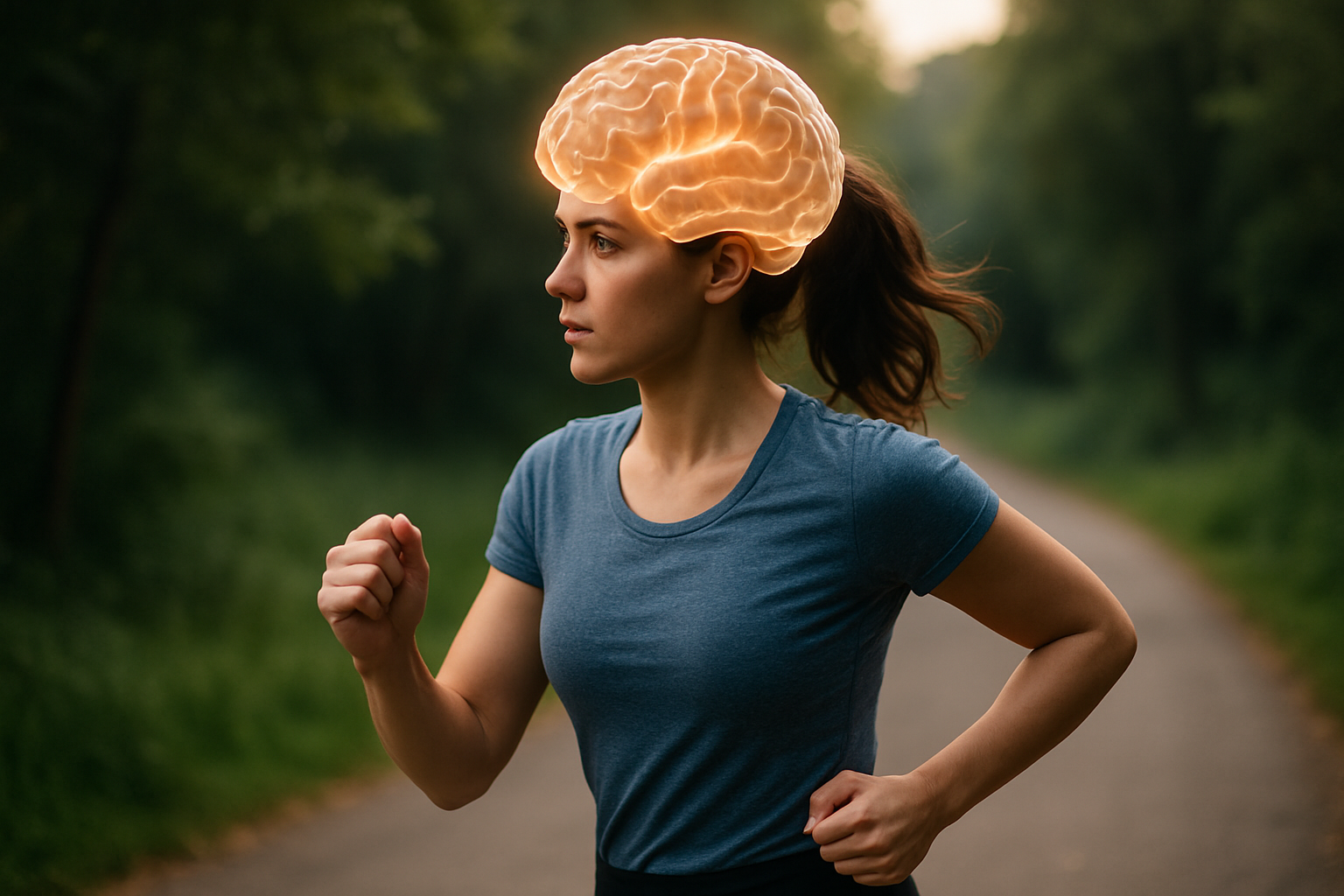Unraveling the Intricate Connection Between Physical Activity and Mental Health
Imagine a medication so powerful that it could help you manage stress, improve your mood, boost your self-esteem, and even combat depression and anxiety. Sound too good to be true? Well, this 'miracle drug' already exists, and it's called physical activity. Today, we delve into the fascinating link between regular exercise and mental health—exploring the science behind the sweat and offering concrete strategies to harness this connection for your benefit.

Delving into the Historical Context
The notion that physical activity benefits mental health is not new. Ancient Greek philosophers like Plato and Hippocrates asserted that a healthy mind was linked to a healthy body. Fast forward to the 20th century, and scientific research began to catch up with this ancient wisdom. Studies have consistently demonstrated that regular physical activity can significantly boost mental health and well-being.
Current Trends in Physical Activity and Mental Health
The growing recognition of exercise’s potential as a mental health intervention has sparked increased interest in this area. Health professionals now routinely recommend physical activity as part of a comprehensive treatment plan for various mental health conditions, from depression and anxiety to post-traumatic stress disorder and attention deficit hyperactivity disorder.
The Science Behind the Sweat
When you exercise, your body releases chemicals like endorphins and serotonin, known for their mood-enhancing effects. Physical activity also promotes better sleep, reduces inflammation, and increases neural growth—all factors that contribute to improved mental health. Exercise can also serve as a healthy coping strategy, offering a distraction from negative thoughts and increasing feelings of control.
The Benefits, Challenges, and Credibility
Exercise is a cost-effective, non-pharmacological intervention with virtually no side effects. However, starting and maintaining an exercise routine can be challenging, especially for those already struggling with mental health issues. It’s important to remember that all forms of physical activity can be beneficial, and even small amounts can make a difference.
Practical Health Tips to Harness the Power of Physical Activity
-
Start small: Even a 10-minute walk can boost your mood.
-
Choose activities you enjoy: You’re more likely to stick with an exercise routine if you find it enjoyable.
-
Make it social: Exercise with a friend or join a group class to increase motivation.
-
Prioritize consistency: Aim to be active on most days, but remember that some exercise is better than none.
In conclusion, the connection between physical activity and mental health is clear. Regular exercise can significantly improve mental health, offering a simple and affordable strategy to boost well-being. So, why not lace up your sneakers and get moving? Your mind and body will thank you.




